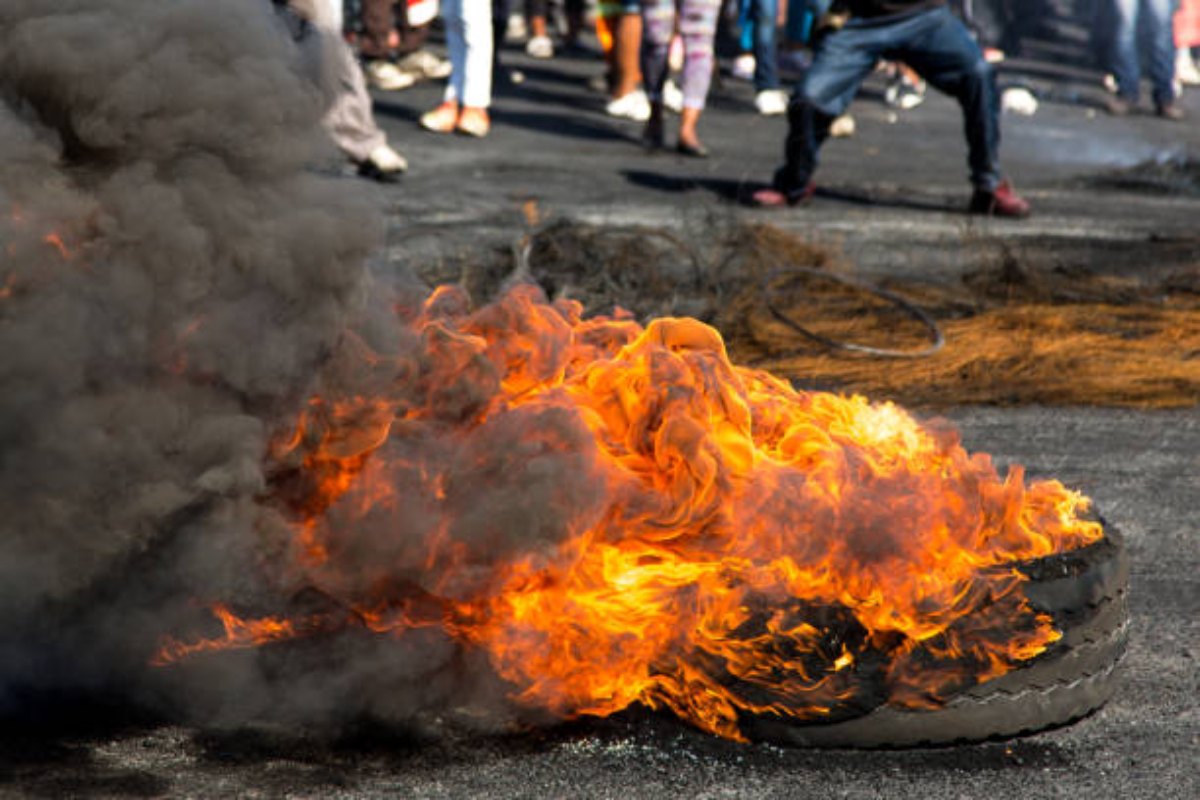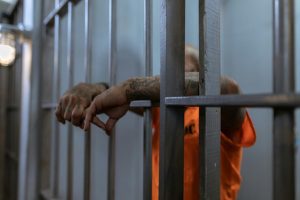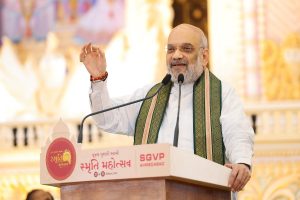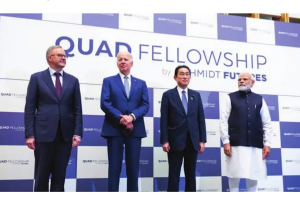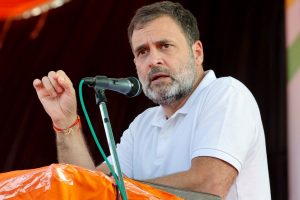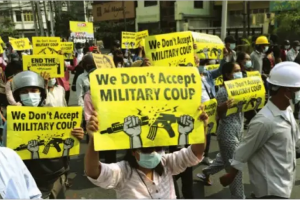Guns, daggers, knives, bombs, bamboo poles, rods, bricks, sticks and stones – these are not weapons one generally associates with a democratic contest. Unfortunately, the election process in West Bengal has increasingly begun to be associated with these.
No sooner had the dates of the Panchayat Polls been announced on June 8 and the filing of nomination papers started on June 9, violence erupted in various places in the districts. The political clashes reportedly claimed, at last count, six lives. The injured included those who had their heads hit with rods, those who were thrown to the ground and bashed up with sticks, those who were knocked about and manhandled, those who were punched, kicked or slapped and the list goes one.
Political parties started the blame game.
Ruling Trinamool is being accused by the Opposition parties of perpetrating the violence and engaging its goons to intimidate rivals with the intention of preventing them from filing nomination papers.
“Trinamool is trying to derail the democratic process by unleashing violence on Opposition candidates,” said CPIM’s Mohammed Salim.
Trinamool has shot back with allegations that the Opposition parties are out to malign the Trinamool government. At a public rally West Bengal chief minister Mamata Banerjee said that the process of filing nominations had been largely “peaceful” with only a few sporadic incidents of violence. She also blamed the incidents of violence on “goons” and distanced herself and her party from any culpability in clashes in certain areas.
The question that arises is why should even a single incidence of violence take place during the democratic process of elections? The images of physical violence from the districts – irrespective of which political party perpetrated it – captured and broadcast by television news cameras can be compared to scenes of battlefields and not an electoral contest.
While Banerjee claims, as she did in the same public rally and somewhat incredulously as it were, that West Bengal is among the states where the least amount of political violence takes place during elections, political analysts say that the power politics of this state has a history of violence. “It could seem shocking that such conflicts reminiscent of combat zones would be associated with the democratic electoral process,” observes Professor Biswanath Chakraborty, political scientist. “However, if you look at the legacy of Bengal politics, you would find that violence is not always looked at askance.” He points out that it was in Bengal that the Naxalite movement started and gained a certain degree of endorsement even though it was openly an “armed struggle.” says Chakraborty, “That the means justifies the end was the principle that pitted the class enemies against each other, even if those means were violent,” he says.
Chakraborty says that while this tradition is ingrained in the power politics of the state, the time has come to question this violence. Commenting on the earlier rural elections in the state, the Panchayat Polls of 2018, he says, “It is almost unthinkable that we have no choice but to accept the results of elections which have not always been entirely ‘free or fair.’”
The 2018 Panchayat Polls reported a large number of incidents of violence. Opposition parties had demanded the deployment of central paramilitary forces during the polling claiming that they would be a more neutral monitoring agent that the state police, which is under the state government. The demand was met and central forces were deployed.
This time too the Opposition had filed petitions in the Calcutta High Court seeking the court’s reassurance that central forces would be deployed. Initially the Court had ruled that nine of the most “sensitive” districts would need to be provided central forces. Later, it was extended to all the districts.
Interestingly, the state government has contested that and filed a petition in the Calcutta High Court for a stay on that order. The state government has reasoned that the state police force is adequately equipped to monitor and conduct a free and fair election.
The Opposition, in turn is questioning the state government petition. BJP’s West Bengal president Sukanta Majumdar has written to Union Home Minister Amit Shah, asking for the center’s intervention to ensure “security” during the polls. In the letter he stated, “I would like to draw your attention to the review petition filed by West Bengal Chief Minister and Trinamool Congress (TMC) chief, Mamata Banerjee, against the recent Kolkata High Court order. The High Court had ordered the deployment of central forces throughout the state for the Panchayat elections, recognizing the need for a secure and impartial electoral process.”

